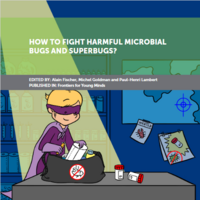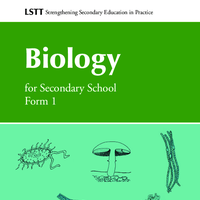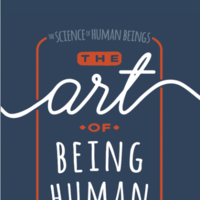Search
Books+
Searching 1,73 books
Search related to the career Microbiologist
Benefits of studying microorganisms:
1. Understanding disease: Studying microorganisms helps in understanding the causes, transmission, and mechanisms of various diseases. This knowledge is crucial for developing effective treatments, vaccines, and preventive measures.
2. Advancing medicine: Microorganisms are used extensively in medical research to develop new drugs, antibiotics, and therapies. They provide insights into the human immune system and help in the development of personalized medicine.
3. Environmental applications: Microorganisms play a vital role in maintaining ecological balance. Studying them helps in understanding their impact on ecosystems, biogeochemical cycles, and pollution control. They can be used for bioremediation, wastewater treatment, and biofuel production.
4. Agricultural advancements: Microorganisms are essential for soil fertility, plant growth, and protection against pathogens. Researching microorganisms helps in developing sustainable agricultural practices, biofertilizers, and biopesticides.
5. Industrial applications: Many industries rely on microorganisms for the production of enzymes, biofuels, bioplastics, and other valuable compounds. Studying microorganisms helps in optimizing industrial processes, reducing waste, and improving efficiency.
6. Food and beverage production: Microorganisms are involved in fermentation processes, such as brewing, baking, and cheese making. Understanding their role and behavior helps in ensuring food safety, quality, and developing new products.
7. Biotechnology and genetic engineering: Microorganisms serve as model organisms for genetic research and biotechnological applications. They provide insights into gene expression, DNA replication, and protein synthesis, leading to advancements in biotechnology and genetic engineering.
8. Evolutionary studies: Microorganisms have diverse evolutionary histories and exhibit unique adaptations. Studying them helps in understanding the origin of life, evolutionary processes, and the development of complex organisms.
9. Ecological research: Microorganisms are essential components of ecosystems and influence nutrient cycling, energy flow, and community dynamics. Studying microorganisms contributes to our understanding of ecological interactions and ecosystem functioning.
10. Public health: Microorganisms are responsible for infectious diseases, and studying them helps in disease surveillance, outbreak investigations, and public health interventions. It aids in the development of strategies to prevent and control the spread of infections.
In summary, studying microorganisms provides valuable insights into various fields, including medicine, agriculture, industry, ecology, and public health. It contributes to advancements in these areas and helps in addressing global challenges.
Source: Various AI tools
Biolojia
Books tagged biology
Utafiti
Books tagged research
Binadamu
Books tagged anthropology
Sayansi
Books tagged science
Searched in English.








































